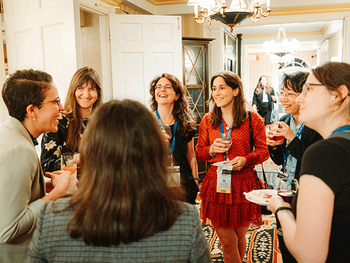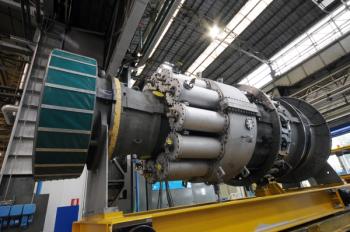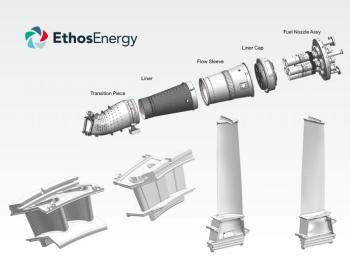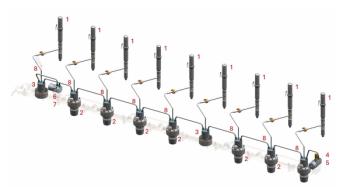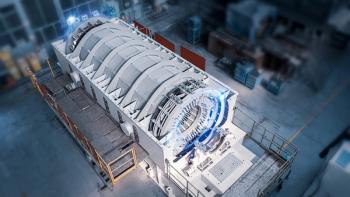
GE Vernova, ONEE, Nareva Agree to Decarbonize Moroccan Power Plant
The partners signed an MoU to conduct a feasibility study that will explore solutions to produce, store, and provide green hydrogen at ONEE’s Laâyoune power plant in Morocco.
GE Vernova’s Gas Power business, the National Office of Electricity and Drinking Water, and Nareva announced the signing of a memorandum of understanding (MoU) to cooperate on a feasibility study designed to create joint solutions for the decarbonization of ONEE’s Laâyoune power plant in Morocco. The plant is currently powered by three GE Vernova 6B heavy-duty gas turbines.
“With low-carbon energy projects under construction throughout the country, Morocco reinforces its position among global leaders in sustainable energy. The current renewable installed capacity is 4672 MW. Further renewable projects under development and construction will add more than 5 GW of installed capacity across the country,” said Abderrahim El Hafidi, CEO of ONEE. "This first pilot project will help reduce carbon emissions of the plant and it will enable Morocco to move forward on the decarbonation of its power sector. This agreement serves as an important milestone in paving the way to accelerate the integration of hydrogen in the national energy mix, help the country become less reliant on conventional power, and reduce carbon emissions associated with power generation activities.”
According to the agreement, ONEE, Nareva, and GE Vernova will conduct techno-economic evaluation studies to convert the 99 MW thermal power plant from heavy oil fuel to hydrogen. The collaboration will focus on the conversion of gas turbines to 100% hydrogen. The study is expected to be completed in two years and will explore an integrated solution that involves the full production value chain for the delivery of 100% hydrogen by volume to the gas turbine during peak demand periods.
"NAREVA will build on its recognized experience in renewable power to actively contribute to the advancement of the country’s energy goals, as well as to the competitive decarbonation of the continent," said M. Aymane Taud, CEO, Nareva. "We are thrilled to explore the complementary opportunities between renewable energy, hydrogen production, and efficient gas-fired combustion technologies to provide our country with efficient, flexible power plants that also produce less CO2.”
In addition to enabling the green hydrogen value chain, GE Vernova will integrate several systems to support the project. These systems include renewable power, energy storage, grid systems to transmit and control electricity, and power conversion systems to provide electricity to match electrolyzer requirements.
Newsletter
Power your knowledge with the latest in turbine technology, engineering advances, and energy solutions—subscribe to Turbomachinery International today.

